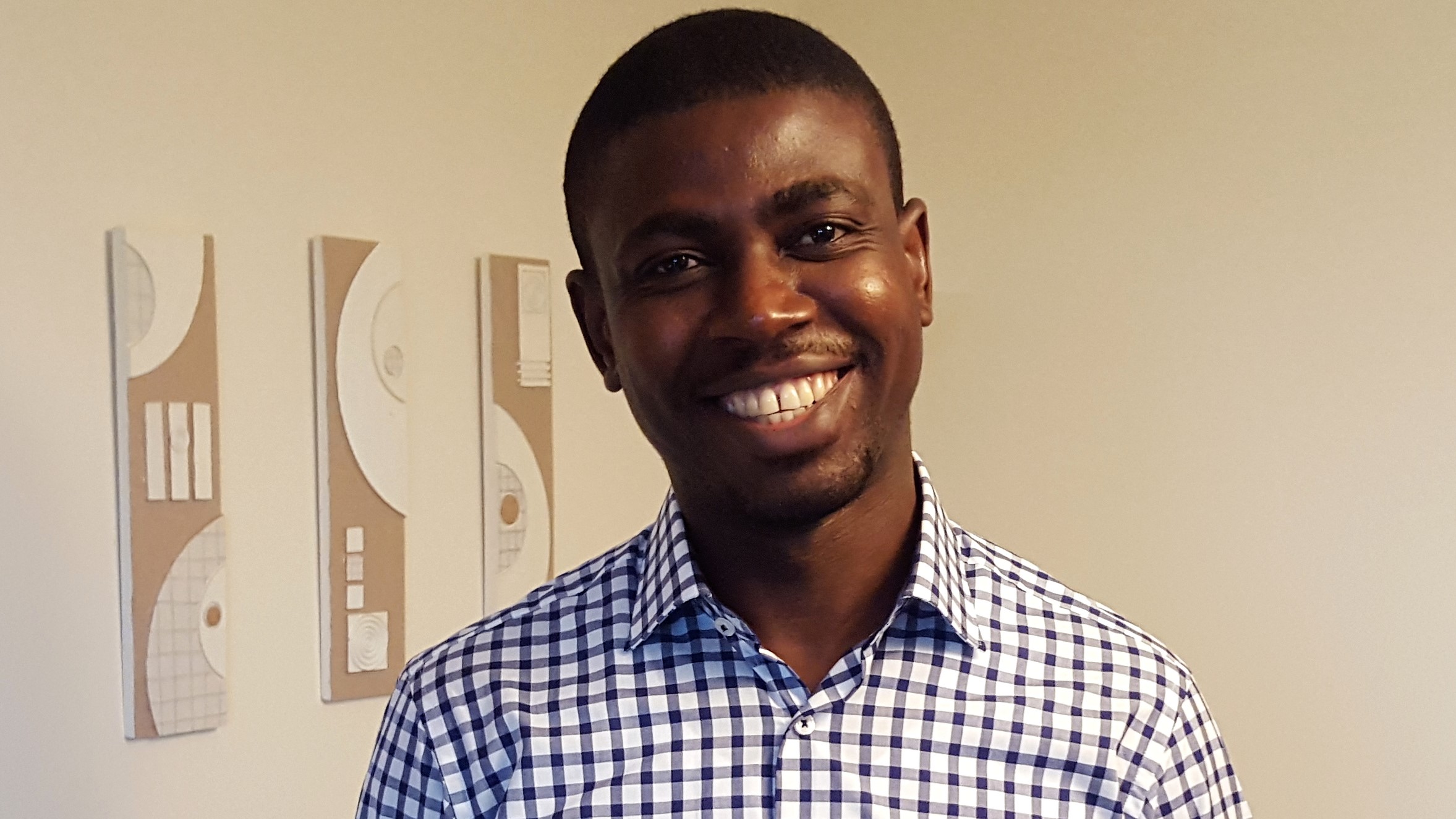Notes from the book ‘Deep Work: Rules for Focused Success in a Distracted World’
- Two Core Abilities for Thriving in the Digital Economy
- The ability to quickly master hard things.
- The ability to produce at an elite level, in terms of both quality and speed.
-
This conclusion informs the rest of the book. If you want to be good at these two skills, the most important thing to be good at is deep work.
-
You have a finite amount of willpower that becomes depleted as you use it. The key to developing a deep work habit is to move beyond good intentions and add routines and rituals to your working life designed to minimize the amount of your limited willpower necessary to transition into and maintain a state of unbroken concentration.
-
Focus on the widely important - “The more you try to do, the less you actually accomplish”
-
Act on the lead measures - Success needs to be measured
-
Schedule deep valuable work time early each day
- Shut down work thinking completely at the end of a work day
- Downtime aids insights
- Downtime helps recharge the energy needed to work deeply
- The work that downtime replaces is usually not that important
-
Deliberate practice is the systematic stretching of your ability for a given skill. It is the activity required to get better at something. Deep work and deliberate practice overlap substantially.
-
Your ritual needs to specify a location for your deep work efforts.
-
Ensure regularity in where you do your deep work
-
Avoid shared workspaces when doing deep work
-
Don’t Take Breaks from Distraction. Instead Take Breaks from Focus
-
Be comfortable being bored; idleness is essential to mental recovery
-
To succeed with deep work, we must constantly and deliberatly rewired our brains to be comfortable eliminate distracted stimuli
- Meditate productively
- Productive meditation - A period in which you are occupied physically but not mentally, like walking, jugging, driving running etc and then focus your attention on a single well defined problem. This also requires practice to do well. Be wary of distraction and looping. Structure your deep thinking. Reviewing and storing variables, identifying and tackling the next step question and then consolidating your gains improve your ability to go deep.
-
The ability to concentrate intensely is a skill that must be trained.
-
Build a habit with a set starting time that you use every day for deep work
-
Map out when you’ll work deeply during each week at the beginning of the week, and then refine these decisions, as needed, at the beginning of each day
-
Deliberate practice: Start with an hour a day and build to three to four hours a day, five days a week, of uninterrupted and carefully directed concentration in combination with feedback so you can correct your approach
-
Its crucial you figure out in advance what you are going to do with your day, week and weekends before they begin. Structure hobbies provide good patterns
-
If you want to eliminate the addictive pool of entertainment sites on your time and attention, give your brain and mind a quality alternative. Not only will this preserve the ability to resist distraction and concentrate but you might even fulfil other ambitious goals and tasks.
-
Schedule Every Minute of Your Day
-
If you’re not sure how long a given activity might take, block off the expected time, then follow this with an additional block that has a split purpose. If you need more time for the preceding activity, use this additional block to keep working on it. If you finish the activity on time, however, have an alternate use already assigned for the extra block.
-
Be liberal with your use of task blocks. Deploy many throughout your day and make them longer than required. Loads of things not scheduled for come up during the day.
-
Quantifying the depth of every activity
- Finish your work by 5:30pm Fixed schedule productivity

Leave a Comment